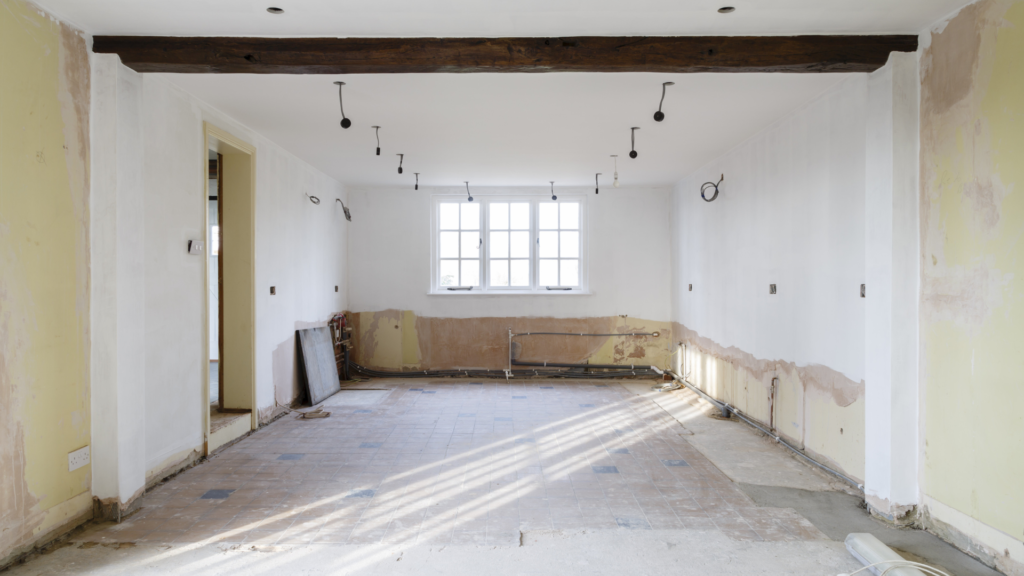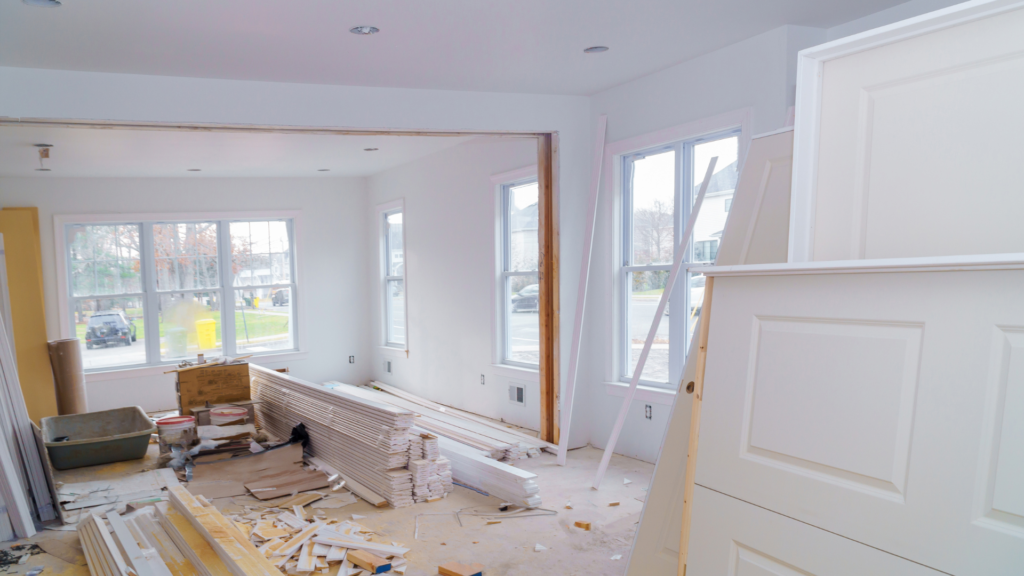When planning a home addition in Massachusetts, understanding the average cost is crucial. Whether you’re expanding your kitchen, adding a new bedroom, or building a home office, knowing what to expect in terms of expenses can help you budget effectively. This guide will provide detailed insights into the average cost of home additions in Massachusetts, factors influencing these costs, and tips to get the best value for your investment.
Factors Influencing the Cost of Home Additions
Size and Scope of the Addition
The size and scope of your home addition are major determinants of the overall cost. Larger additions require more building materials and labor, which increases expenses. The complexity of the project also plays a role; for instance, adding a simple bedroom will typically cost less than building a new kitchen with plumbing, electrical, and custom cabinetry.
-
Square Footage:
- The larger the addition, the higher the cost. A bigger space requires more materials like flooring, drywall, and insulation.
- Costs per square foot can vary significantly based on the type of addition. For instance, adding a bedroom might cost $100-$200 per square foot, while a kitchen addition could range from $200-$400 per square foot due to the need for plumbing, electrical work, and high-end finishes.
-
Complexity:
- Structural changes, such as altering load-bearing walls, can increase costs.
- Custom designs and unique architectural features add to the complexity and expense.
- Multi-level additions or those involving significant excavation work will also be more expensive.
Materials and Finishes
The choice of materials and finishes greatly influences the overall cost. High-end, luxury materials will naturally be more expensive, but even within standard ranges, there is a wide variance in pricing.
-
Building Materials:
- Premium materials such as hardwood floors, marble countertops, and custom cabinetry come at a higher price.
- Mid-range options, like laminate flooring and granite countertops, offer a balance between cost and quality.
- Basic materials like vinyl flooring and laminate countertops are more affordable but may have a shorter lifespan.
-
Finishes:
- The cost of finishes, such as paint, fixtures, and trim, can vary widely.
- High-end fixtures and custom finishes add to the overall expense.
- Choosing standard finishes can help keep costs down while still achieving a quality look.
-
Sustainability and Energy Efficiency:
- Eco-friendly materials and energy-efficient installations (such as solar panels, energy-efficient windows, and insulation) can have higher upfront costs but may offer savings on utility bills in the long run.
Labor Costs
Labor is a significant portion of the overall cost for home additions. Skilled labor ensures quality work, but it comes at a price. In Massachusetts, labor rates are competitive, and several factors influence these costs.
-
Skilled Labor:
- Experienced contractors, electricians, plumbers, and carpenters command higher wages due to their expertise.
- Hiring licensed and insured professionals is essential for ensuring quality and safety, but it may increase labor costs.
-
Project Duration:
- Longer projects increase labor costs as workers spend more time on-site.
- Efficiency and project management can help control labor costs, but unexpected issues (such as weather delays or supply shortages) can extend timelines and increase expenses.
-
Location-Specific Factors:
- Labor costs can vary depending on the region within Massachusetts. Urban areas like Boston may have higher rates compared to rural locations.
- Availability of skilled labor can impact costs; high demand for construction services can drive up wages.
Permits and Regulations
Navigating the permits and regulations is a crucial step in any home addition project. Failure to comply with local building codes can result in fines and delays, so it’s essential to factor in these costs from the start.
-
Permits:
- Most home additions require permits from local municipalities. The cost of these permits can vary depending on the size and scope of the project.
- Common permits include building permits, electrical permits, plumbing permits, and HVAC permits.
- Permit fees are generally calculated based on the estimated cost of the project or the added square footage.
-
Inspections:
- Multiple inspections may be required throughout the construction process to ensure compliance with building codes and safety regulations.
- Inspection fees are typically included in the permit costs but can sometimes incur additional charges.
-
Zoning and Legal Requirements:
- Zoning laws dictate what can be built on your property. Understanding these laws is essential to avoid costly legal issues.
- Variances or special permissions may be required if your addition doesn’t conform to existing zoning regulations, adding to the overall cost and time of the project.
-
Compliance and Documentation:
- Keeping accurate records and documentation for all permits and inspections is necessary to avoid potential legal and financial issues.
- Non-compliance can result in fines, work stoppages, or even the need to undo completed work, significantly increasing costs.
Average Cost Breakdown by Type of Addition
-
Kitchen Additions: Adding a kitchen typically ranges from $25,000 to $75,000, depending on the size and chosen materials.
-
Bathroom Additions: Expect to spend between $20,000 and $50,000 for a new bathroom, with factors like plumbing and fixtures influencing the cost.
-
Bedroom Additions: A new bedroom can cost anywhere from $15,000 to $40,000, based on size and design preferences.
-
Home Office Additions: Home office additions generally range from $10,000 to $25,000, depending on the complexity and technology integration.
-
Sunroom Additions: Sunrooms can cost between $15,000 and $30,000, with variations based on materials and customization.

Conclusion
Understanding the average cost of home additions in Massachusetts helps you plan and budget effectively. By considering factors such as size, materials, and labor, you can make informed decisions and achieve the home of your dreams without breaking the bank.
Ready to transform your home with a beautiful addition? Contact Precision Kitchen and Bath LLC today to get started on your dream project! Our team of experts is here to guide you through every step, ensuring quality and satisfaction. Call us now at 413-977-2830 to schedule your free consultation and discover how we can bring your vision to life. Don’t wait—enhance your home with Precision Kitchen and Bath LLC!





